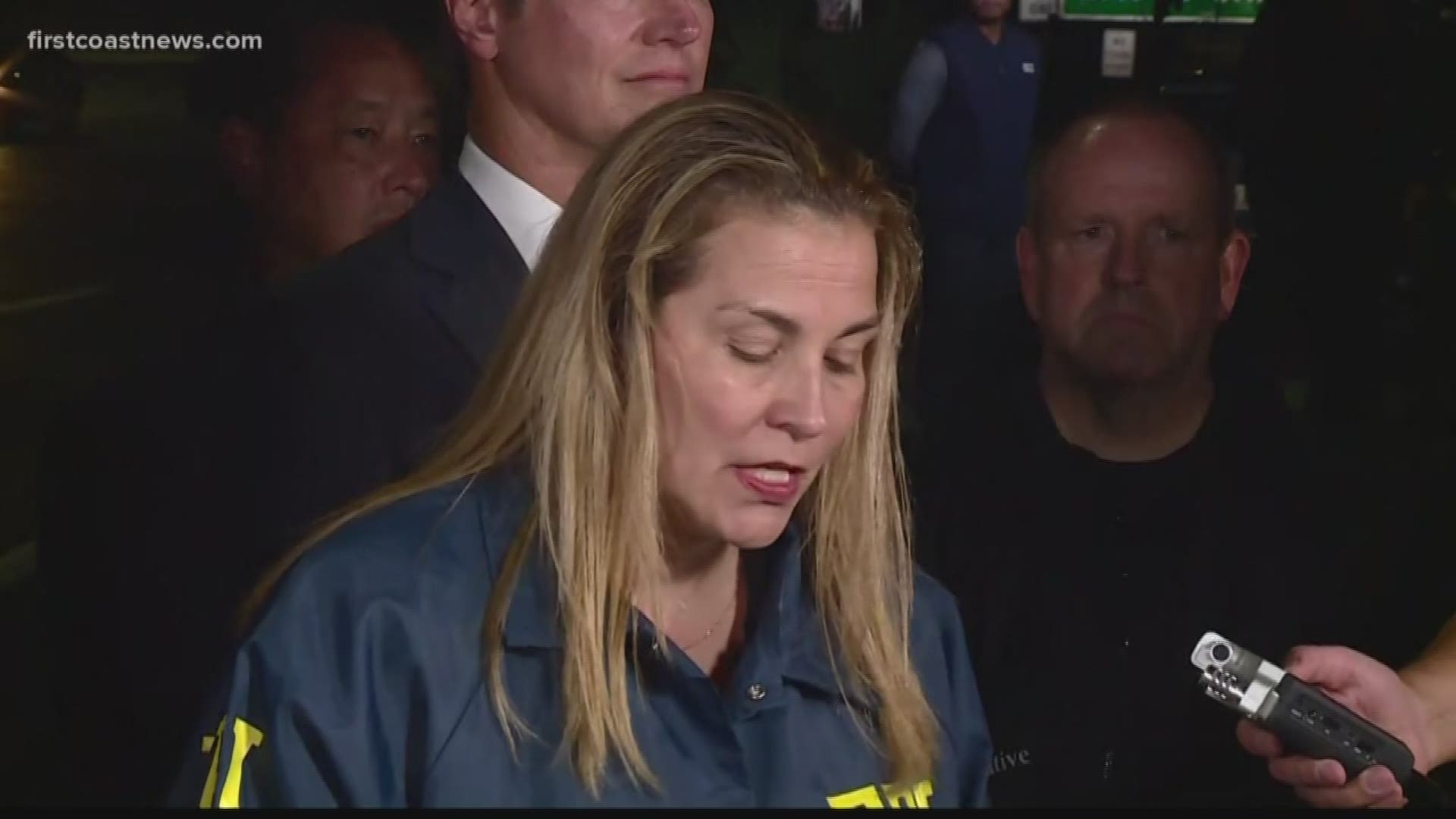Four months after the NAS Pensacola shooting that killed three U.S. sailors, the FBI determined that the gunman had ties to Al Qaeda for years after their agents hacked into his two iPhones without Apple's help.
During a news conference on Monday, Attorney General William Barr announced that the shooter, Mohammad Saeed Alshamrani, a Saudi Air Force cadet training with the U.S. Navy, tried to destroy two iPhones that "likely contained information."
Alshamarani tried putting a bullet into one of the phones after being confronted by law enforcement, Barr added.
"The problem was that the phones were locked," Barr said. "The FBI didn't have passwords... asked Apple for assistance. Unfortunately, Apple did not help us."
After "relentless efforts by the FBI," they were able to break the encryption of his devices and determined that Alshamrani had links to Al Qaeda for several years prior to entering the United States.
"New evidence showed he radicalized, not after training in the U.S., but since 2015," said FBI Director Chris Wray during the news conference on Monday. "... [the] Pensacola attack was a brutal combination of years of planning and preparation."
On Dec. 6, 2019, Alshamarani opened fire at a classroom on Pensacola Naval Air Station, killing three U.S. sailors and injuring eight others. He was later killed by a sheriff's deputy during the attack.
Story continues below.


RELATED: Names of victims in fatal Naval Air Station Pensacola shooting expected to be released Saturday
After obtaining the devices, both the Department of Justice and President Donald Trump asked the tech giant for help accessing his account, but "we received, effectively, no help from Apple," Wray said.
After hacking the phones, Wray said they discovered that, prior to the attack, Alshamrani had contacted Al Qaeda operatives to "make the most out of his murders."
"He had been connecting and associating with a number of dangerous [Al Qaeda] operatives," he said. "He was a determined terrorist who spent years preparing to attack us."
"Cases like this where the user is a terrorist, Apple's decision has dangerous consequences for national security," Barr added. "In my judgment is unacceptable. Apple's desire to provide privacy is understandable, but not at all costs."
Apple previously said it "produced a wide variety of information associated with the investigation," which included iCloud backups, account information and data for multiple accounts, according to CNBC.
“We have always maintained there is no such thing as a backdoor just for the good guys,” the company said in a statement in January. “Backdoors can also be exploited by those who threaten our national security and the data security of our customers."

